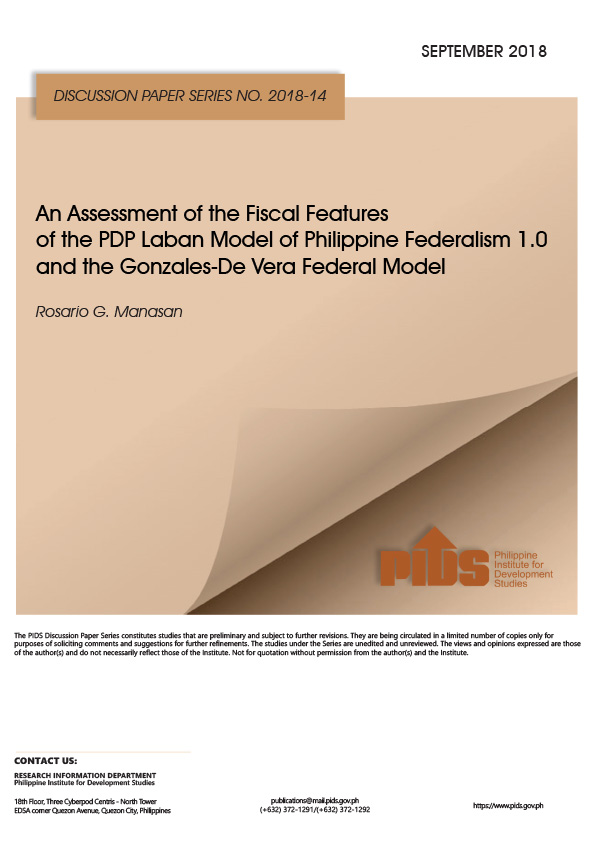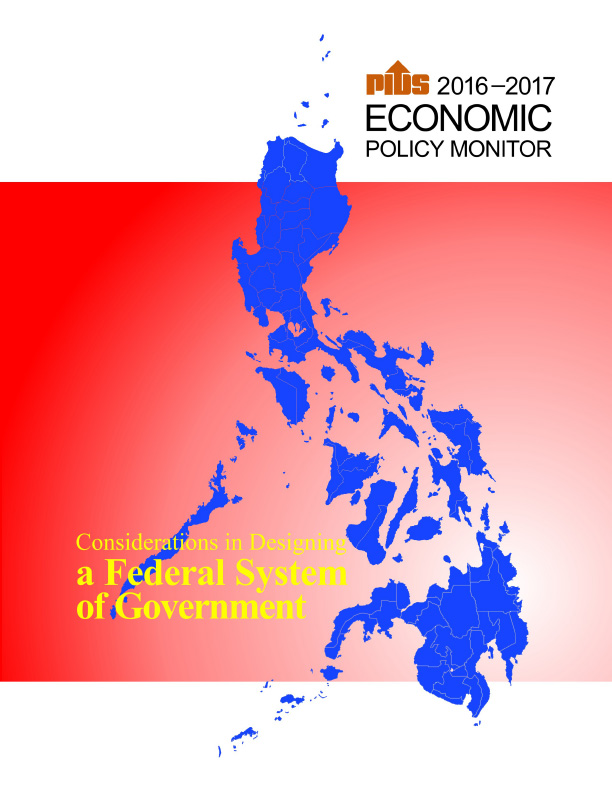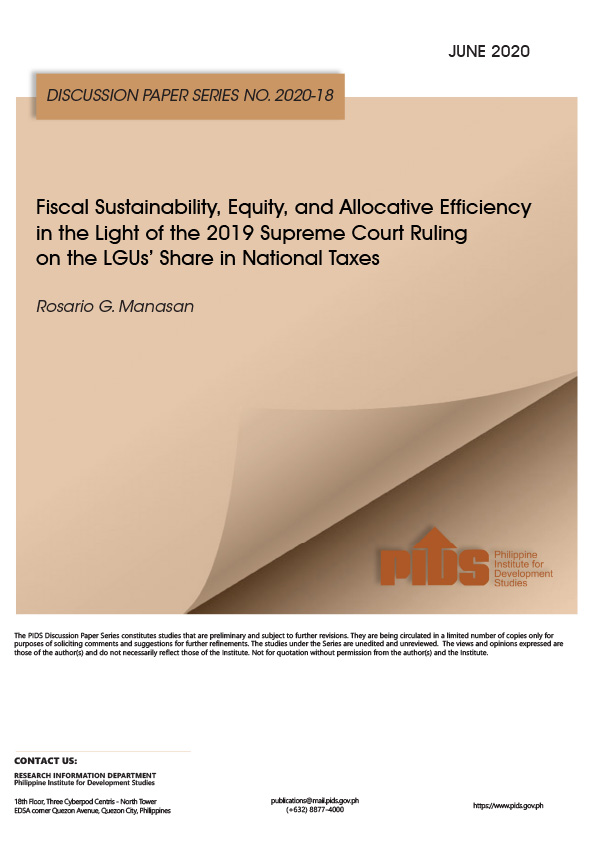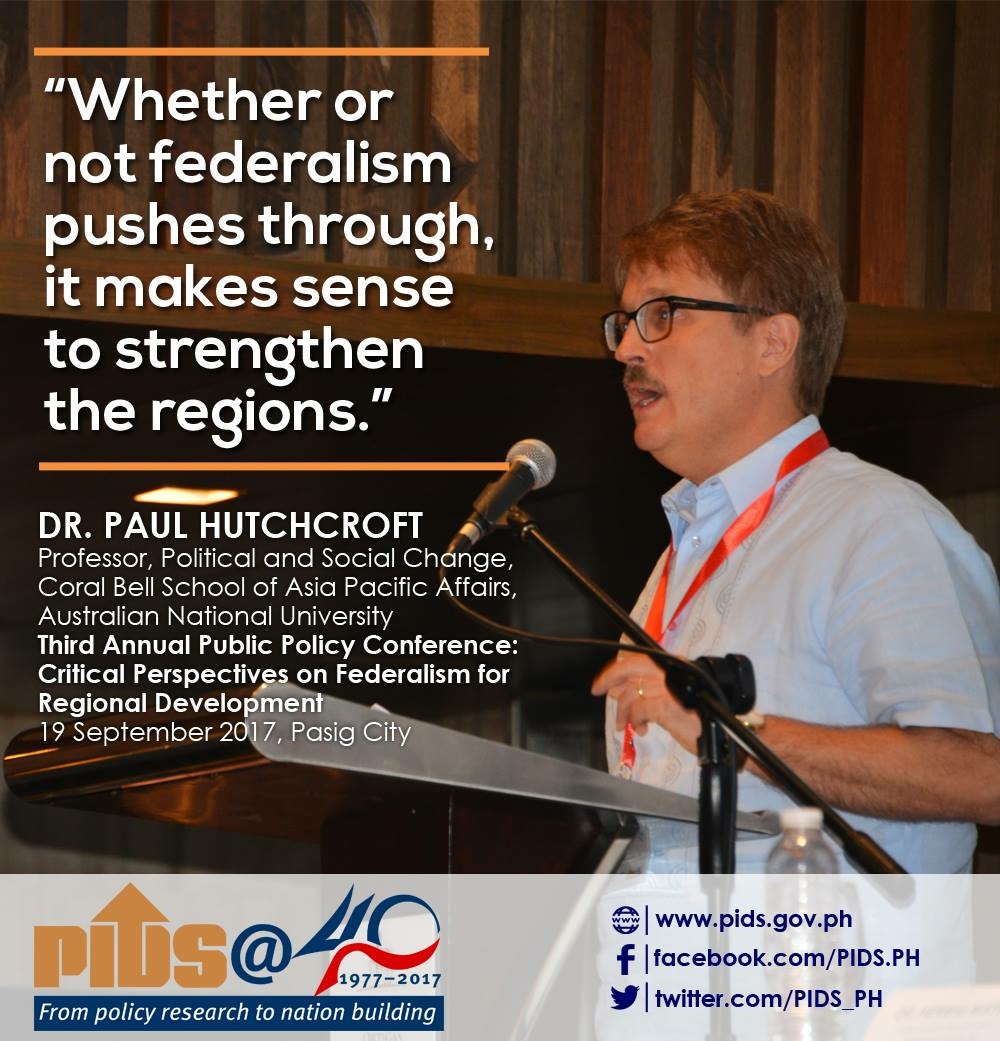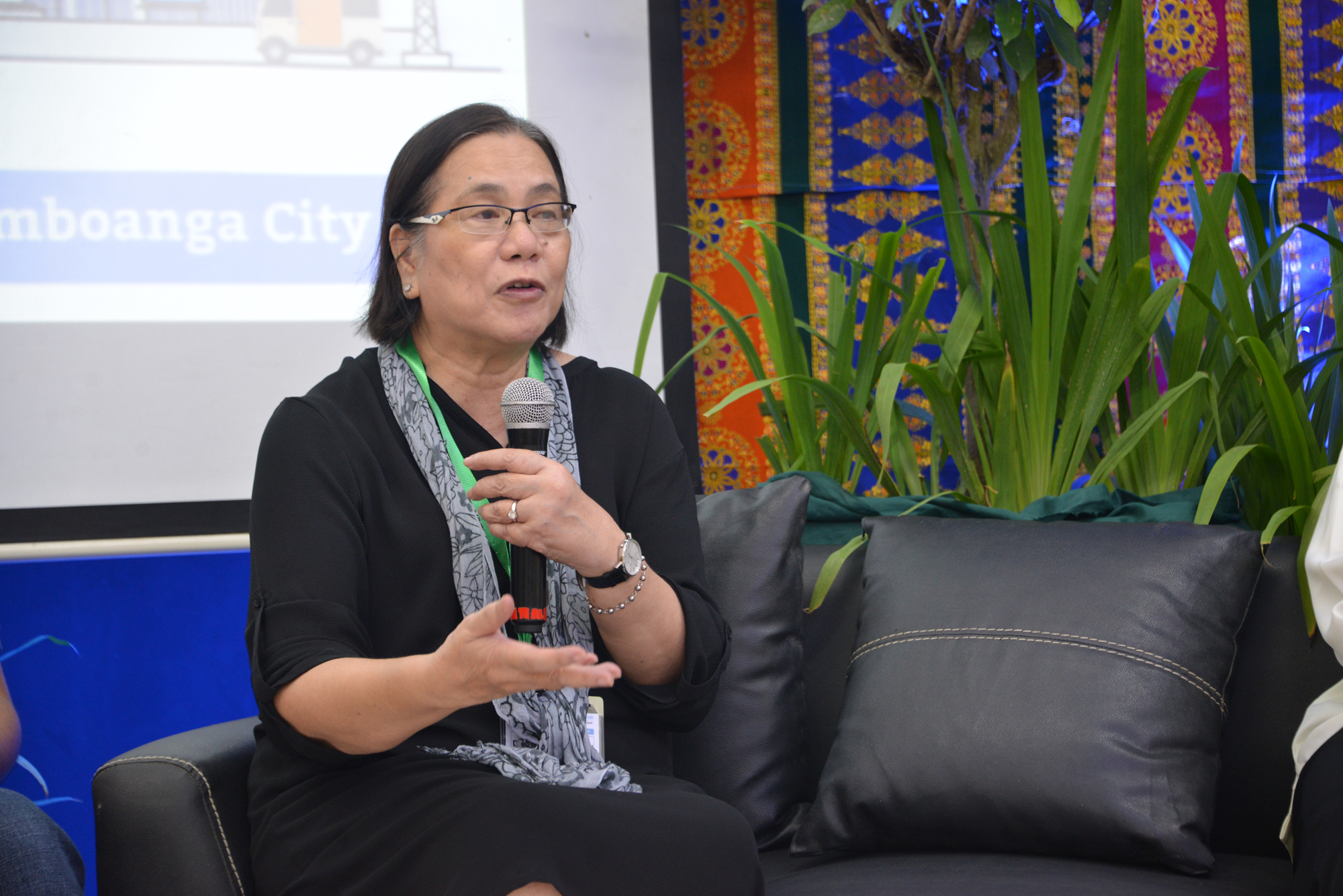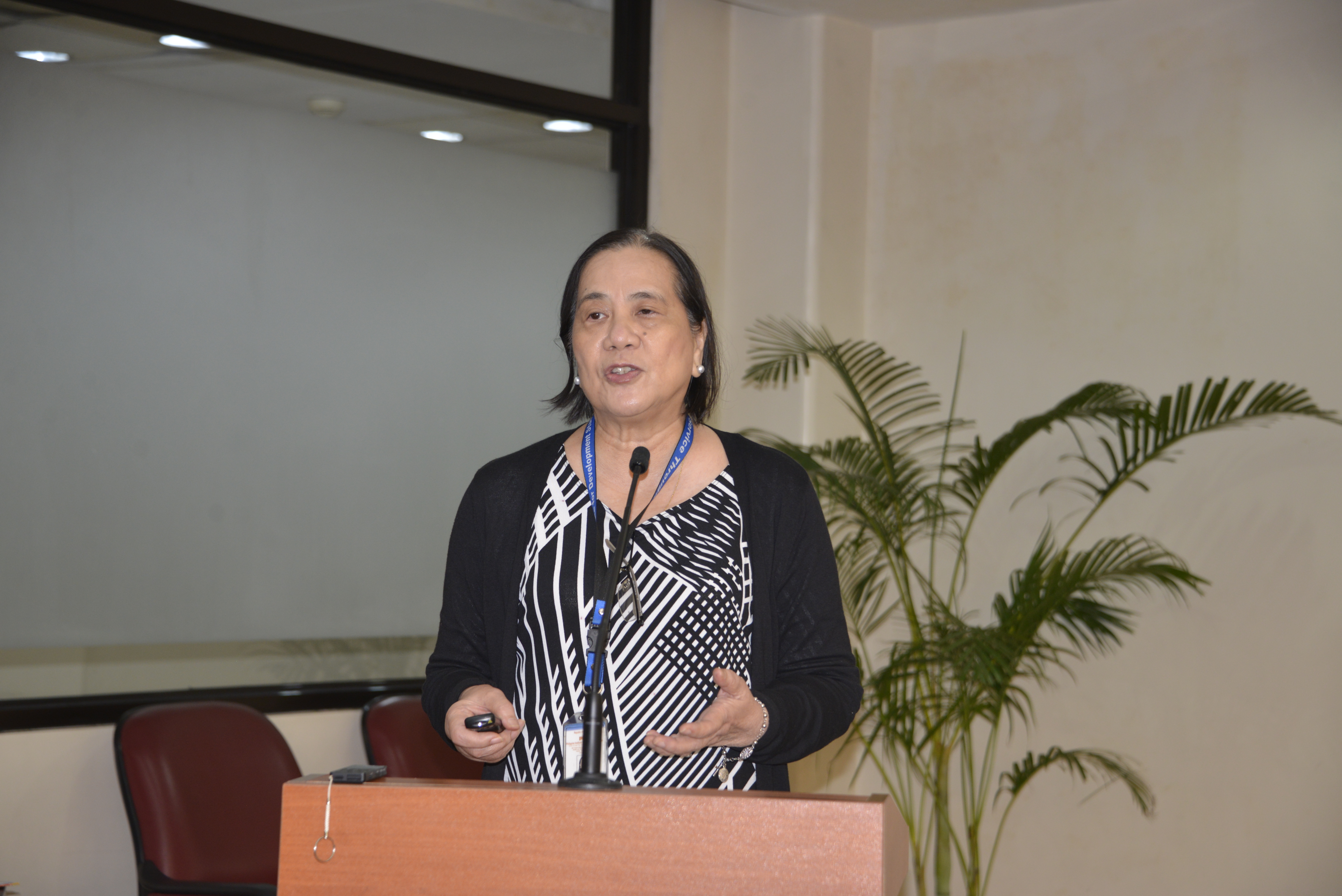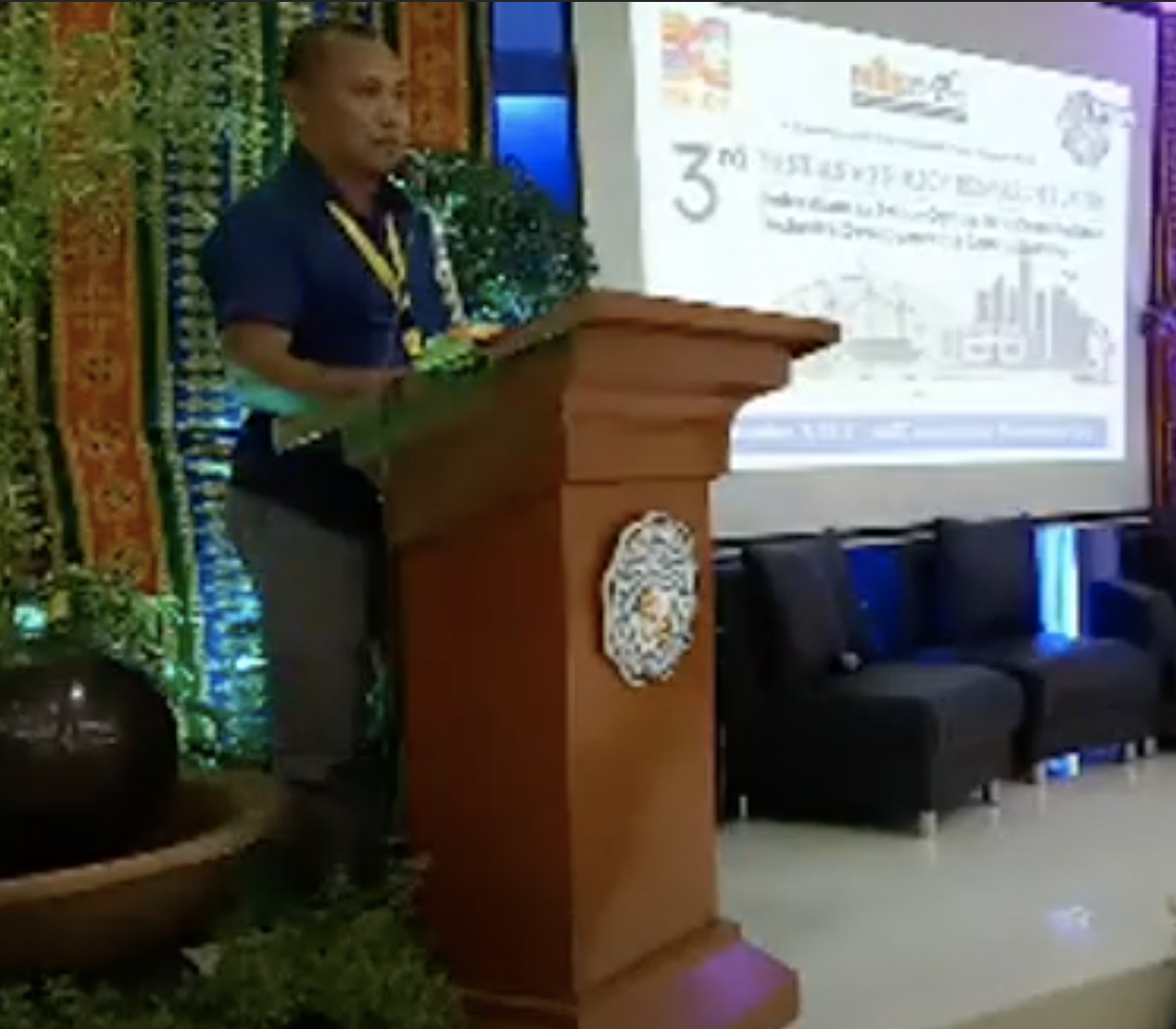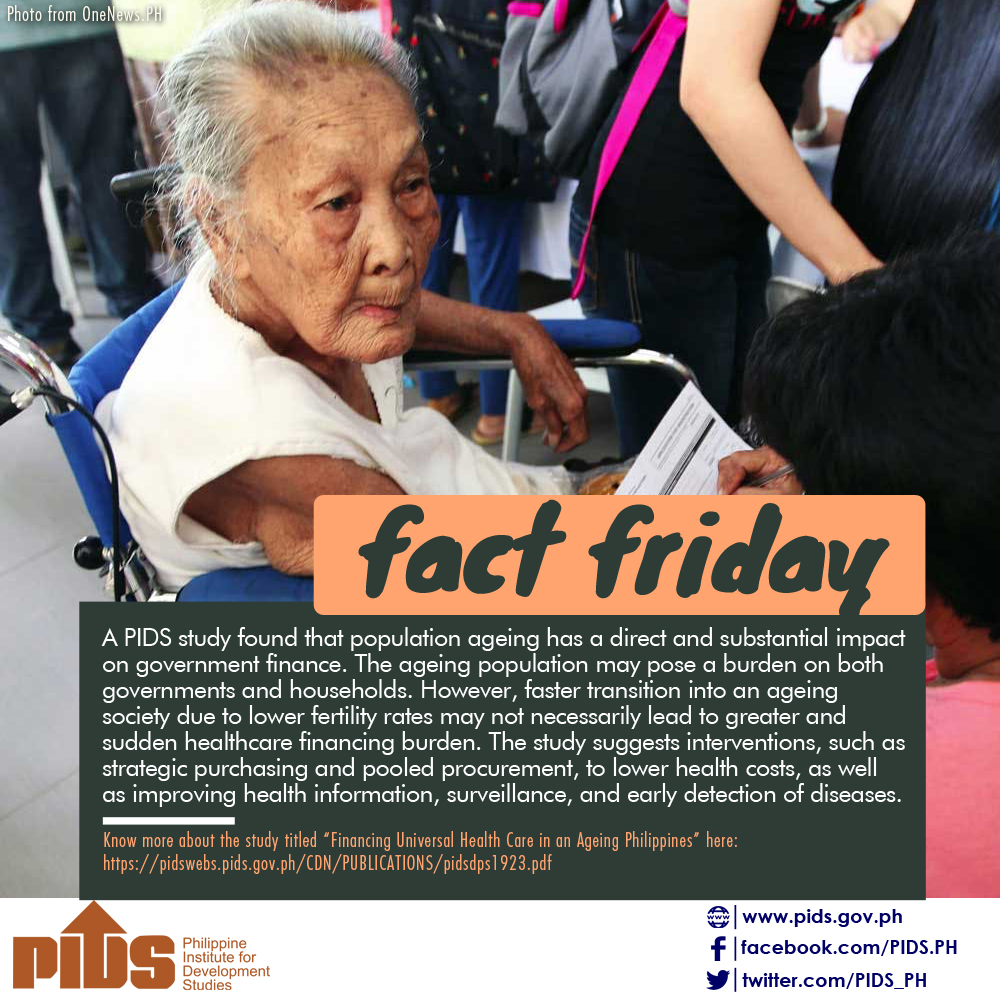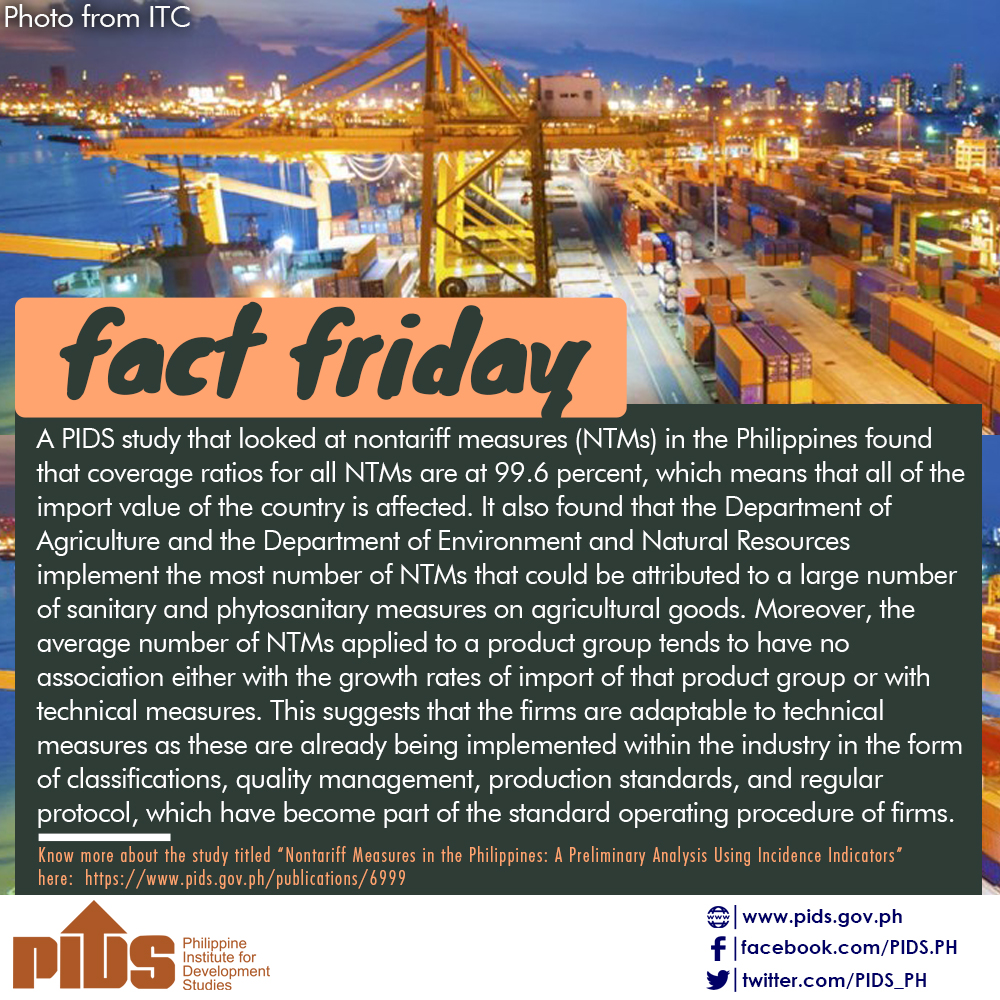The leadership of the House of Representatives will start deliberating this week on the federal charter proposed by the consultative committee (Concom).
“We will immediately begin the hearing – I think this Wednesday if the schedule permits. That is the mandate of our committee — to study these recommendations,” said Southern Leyte Rep. Roger Mercado, House committee on constitutional amendments chairman.
Former chief justice Reynato Puno, who headed the 25-member Concom tasked by Duterte to draft a charter that will replace the 1987 Constitution, earlier submitted their proposals to Congress.
Speaker Pantaleon Alvarez predicts it would take them at least six months to study and change the fundamental law. He wants the cancellation of the May 2019 midterm elections to allow Congress to focus on replacing the Constitution, extending the terms of incumbent officials in the process until 2022.
He added that the deliberations and approval of the proposal might even take longer than six months, depending on how legislators would differ on the measure during debates.
The Speaker also wants massive information dissemination prior to a plebiscite.
“We have to educate the people on what this is all about before we hold the plebiscite,” Alvarez said, reiterating that Congress should decide on the possible postponement of the 2019 polls before the October 2018 deadline for filing of certificates of candidacy.
He said the House leadership would push a people’s initiative if senators will reject convening Congress into a constituent assembly.
For Camarines Sur Rep. LRay Villafuerte, the proposed Charter change is a matter of explaining the entire process to the Filipino people and how it will help change their lives for the better.
He also wanted an intensified information campaign on the proposed shift to a federal-presidential system and educate the public about the advantages and benefits of this system in pursuing the Duterte administration’s goal of high and inclusive growth.
“Federalism is the best for the country as the government is already familiar with this setup and can easily identify which areas require improvements,” he said.
“The information campaign on federalism should be intensified further so that the government would have enough time to educate the people about how this progressive form of government would be most beneficial for them, in terms of spreading the country’s economic gains to the countryside and raising rural incomes,” said Villafuerte.
Several experts said during a Senate hearing on Charter change last week that the proposed federal constitution was confusing and inconsistent, particularly on its provisions on taxation and division of powers.
Rosario Manasan, senior research fellow at the Philippine Institute for Development Studies, told the Senate committee on constitutional amendments chaired by Sen. Francis Pangilinan that shifting to federalism does not necessarily mean greater decentralization or more powers given to the proposed federal regions.
Among the provisions in the Concom draft the expert described as “weak” was Article 11, Section 1, which states the proposed federal republic shall consist of 16 “federated regions” plus the Bangsamoro, and federated region of the Cordilleras but also allows Congress to create, abolish, merge and divide the regions.
This, Manasan said, appears to be inconsistent with the following Section 2, which states that all regions are “permanent and indissoluble parts” of the republic.
She added that the draft also “suffers from lack of clarity” in terms of assigning of powers to regional governments and the federal government as there is no list of shared powers between the two.
Also confusing, according to her, was Article 13, Section 3 that states the proposed federal government and “federated regions” will ensure taxation to be uniform, equitable and progressive but also stated that “no double taxation shall be allowed.”
Manasan said it was not clear in that provision whether provinces and cities will no longer be allowed to levy real property, amusement and franchise taxes as provided by the Local Government Code; and give the same powers to the regional governments. She said accountability in various levels of government may weaken if there is low revenue autonomy.
She also pointed out that the Concom draft was silent on the assignment of taxing power except to say that regional governments will be assigned “taxes that will sustain their viability.”
As for the cost of shifting to a federal system, Manasan estimated that it would be an additional of at least P55 billion annually, including paying the salaries and operating expenses of 36 senators—two from each federated region—and their staff; that of 400 members of the House of Representatives plus their staff; additional members of judiciary at the regional level plus four supreme courts.
In the same hearing, University of the Philippines political science professor Gene Lacza Pilapil described the draft constitution as “twin horrors” and a “reverse power-grab.”
He said the Concom proposal would effectively remove Vice President Leni Robredo from office after its transitory provisions reflected President Duterte’s request to cut short his and her term in the event the draft is ratified in a plebiscite next year.
“These are twin horrors in constitutional engineering and are classic cases of brute political factors overriding any institutional design logic. This could only be described as a reverse power grab, or a sort of impeachment-via-new-constitution,” Pilapil said.

